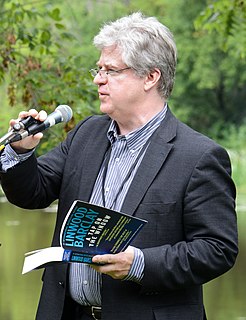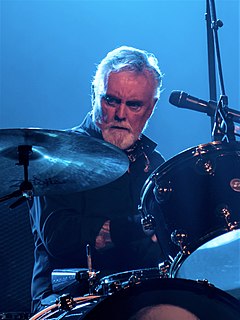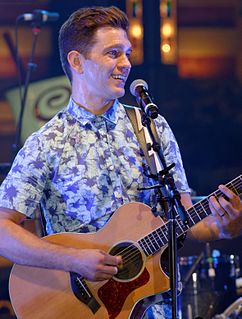A Quote by John Stockton
I have a great respect for people that write. I don't know how they do it every day... or do novels that they have to use their minds instead of just their memories. It's tough duty.
Related Quotes
I think that's a challenge as believers - how do you demonstrate the gospel? How do you do that? I mean it's easy to talk about it and say 'Oh this is what we are supposed to be doing' and this is the relevance. But how do you do that with your hands instead of your mouth? How do you do it every day, instead of just onstage, how is it enacted? And I feel like that is one of the ways that we can show what we believe, by how we treat people around the world.
Work ethic is one of the biggest things my father taught me. That man worked like every day, every day, 9 to 5, well 9 to 9 in his case, but he would treat it as if it was a 9 to 5 job. He would clock in. He would put in his hours. That is how you can write those you know incredibly long books that unfortunately there is not much market for anymore, but that is also how you can explore an idea on a deeper level than we get in our media surface these days. It's tough.
People who know and read comics know that there's a huge diversity amongst the types of stories. Nobody ever goes 'how many more of these movies based on novels are there going to be?!'. People laugh at that question and they go novels, there are all different types of novels. But there are all different types of comic books, they just happen to have drawings on the cover!
I write every day, for most of the day, so it's just about turning into metaphor whatever's going on in my life, in the world, and in my head. Every nightmare, every moment of grief or joy or failure, is a moment I can convert into cash via words. I use everything. Turning life into stories is how I make sense of my experience.
I think, with age, you learn that it comes in bursts and you've got no control over it. I'm not one of those people who says, 'I've got to write a song every day.' I just store up ideas, and really I have to wait until it finds me; I know when I'm ready to write. It used to frustrate me, but it doesn't any more. It's just how it is.
Most beginning writers - and I was the same - are like chefs trying to cook great dishes that they've never tasted themselves. How can you make a great - or even an adequate - bouillabaisse if you've never had any? If you don't really understand why people read mysteries - or romances or literary novels or thrillers or whatever - then there's no way in the world you're going to write one that anyone wants to publish. This is the meaning of the well-known expression "Write what you know."
I write a little plan for the day. I write down what time I need to get up to go to the race, just so I'm organised in my mind. That way all I have to focus on during the day is the race, not how I'm going to get there. When you're training it's good to know what you're doing every day. You need to have a plan.






































